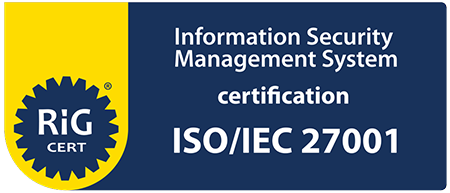Level 1: Transactional Efficiency
Companies at this level are focused on creating a transactional relationship with their employees—an exchange of work for money. When they see a direct cost impact, they remove barriers from the employee’s work life, but without much consideration for the individual that’s behind the job description. Employees are seen as a replaceable commodity: a cost factor.
Level 2: Supportive Environment
These organisations have made the switch to a supportive environment. People trust leaders, help each other, and communicate openly. Yet these supportive actions often ignore the broader business context and can sometimes come across as “nice” rather than impactful because they lack an overarching purpose. Employees are considered friends and family.
Level 3: Purpose-Driven Business
Organisations at this level get direction from the very top— the CEO—to align around a powerful mission and purpose that inspires people to do their best. The values of the company resonate in every interaction, including a strong leadership model aligned around living those values every day. Employees are seen as the key source of competitive advantage.
Level 4: Equitable Growth
When companies allow people to be who they are, value differences, encourage learning from mistakes, and enable people at all levels to grow, they empower people to be their best. Organisations at this level can move quickly, work well together in teams, and unleash creativity and innovation. Employees are seen as individuals who will bring future sustainability and success through their creativity and innovation.
Source: The Josh Bersin Company, 2021




